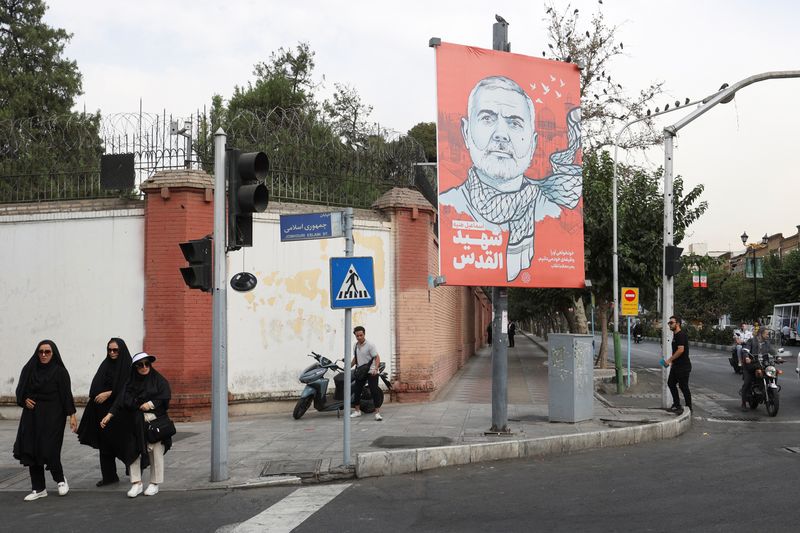In a whirlwind of geopolitical maneuvering, the United States has turned to Turkey, along with other key allies, to leverage their relationships with Iran in a bid to de-escalate rising tensions in the Middle East. U.S. Ambassador to Turkey, Jeff Flake, underscored this plea amidst a climate thick with uncertainty and potential conflict.
The backdrop of this appeal is a region on the edge, anticipating possible retaliatory strikes from Iran and its affiliates following the assassination of high-ranking members of Hamas and Hezbollah. The political leader of Hamas, Ismail Haniyeh, was recently killed in Tehran on July 31—a strike Iran has attributed to Israel, although the latter has neither confirmed nor denied involvement. Tehran has since threatened retribution, heightening the already volatile atmosphere in the region.
“We are urging all our allies who maintain any form of communication with Iran, including Turkey, to push for de-escalation,” Ambassador Flake remarked during a candid round-table discussion with journalists in Istanbul, marking the twilight of his diplomatic mission in Turkey. “Turkey is making efforts to ensure the situation doesn’t spiral out of control,” Flake noted, though he added with a hint of skepticism, “They seem more assured than we are that escalation won’t occur.”
The intricate web of U.S.-Turkey relations, frayed in recent years by a series of contentious issues—including the U.S.’s alliance with Syrian Kurds, whom Turkey brands as terrorists, and Turkey’s acquisition of Russian S-400 defense systems which led to U.S. sanctions and its exclusion from the F-35 jet program—seems to be on a path to recovery. Flake optimistically suggested, “U.S.-Turkey relations are in a better place than they’ve been for a while.”
He pointed to Turkey’s crucial logistical role in facilitating what became the largest prisoner exchange between the United States and Russia since the Cold War, which took place in Ankara earlier this month. Although Turkey wasn’t involved in the negotiations, Flake emphasized their significant contribution behind the scenes.
Despite these signs of improving relations, the situation in Gaza remains a thorny issue. President Tayyip Erdogan’s sharp rhetoric against Israel has complicated Turkey’s potential role as a mediator. However, Flake noted a shift, saying the divide between Ankara and Washington has lessened since the U.S. began actively advocating for a ceasefire in Gaza, though some friction persists.
On another front, Flake raised ongoing U.S. concerns about military-related equipment reportedly flowing from Turkey to Russia. He stressed the importance of Ankara bolstering its efforts to curb these exports. “It remains a significant concern, and we address it regularly,” Flake asserted. “Our aim is clear: to cut off Russia’s ability to wage war.”
Flake noted some progress, indicating, “We still see considerable items moving through Turkey, but cooperation is improving. The fact that Russia is voicing complaints is a positive sign.”

